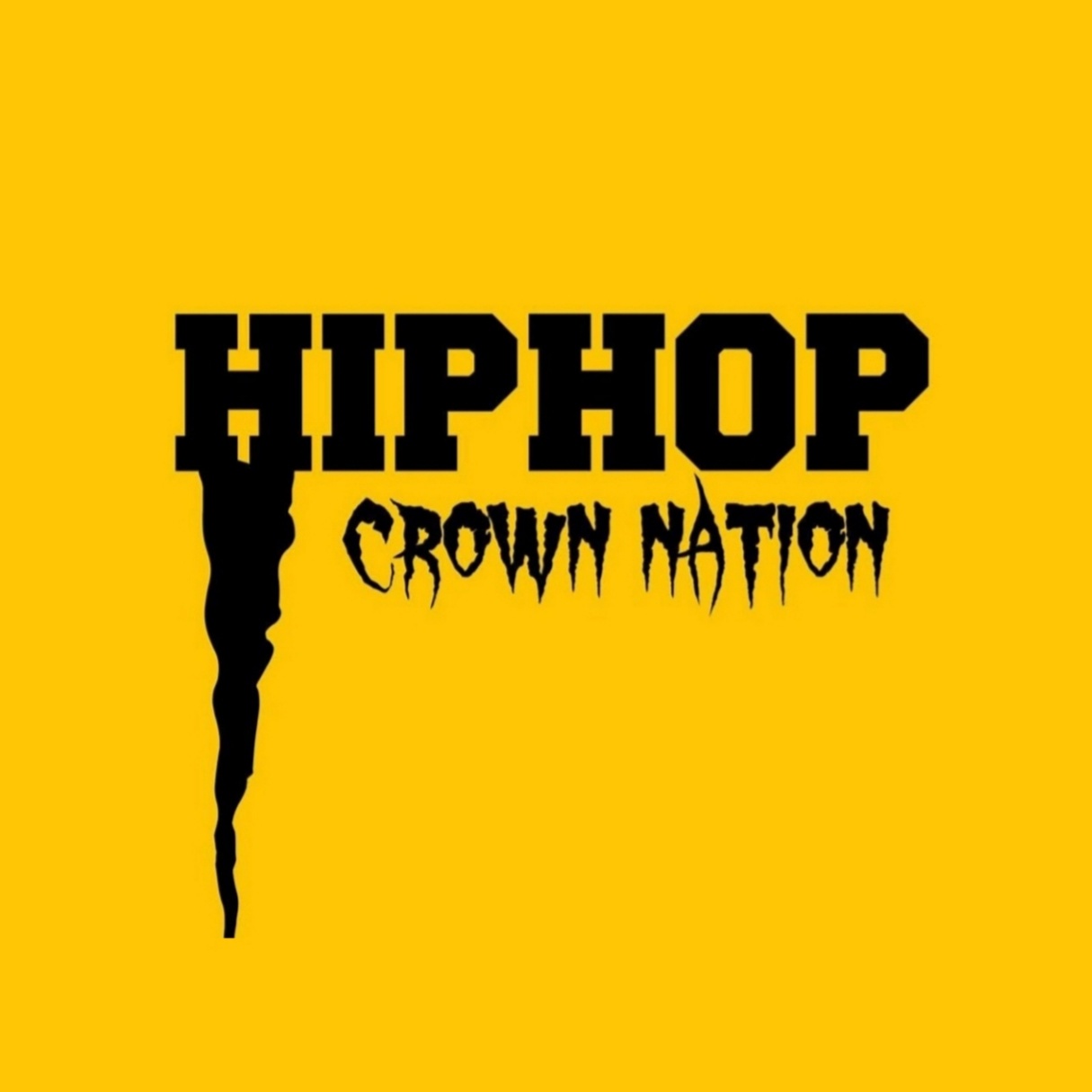24 years ago today, “Reasonable Doubt” dropped: Last year Dame confirmed him and Jay owned the album
- HIPHOP CROWN NATION

- Jun 25, 2020
- 3 min read
Happy 24th Anniversary to JAY-Z and Damon Dash debut album, “Reasonable Doubt.”

Jay Z & Dame Dash Paid for "Reasonable Doubt" Entirely in Cash
On June 25, 1996, Shawn “Jay-Z” Carter, Dame Dash and Kareem “Biggs” Burke embarked on a creative journey that has morphed into a billion-dollar movement today with the release of the Reasonable Doubt LP.
Released courtesy of their independent Roc-A-Fella imprint, Jay’s premier album was promoted and sanctioned by the streets, with previews of the album via sampler cassettes hitting the streets in the winter of 1995. The album’s first single, “Ain’t No Nigga”, featuring a then-teenage Foxy Brown, was the introduction of “Jigga” to the industry that would eventually put him in the pole position of the rap game.
Dame Dash would "run out" of the studio and come back with thousands in cash stuffed into paper bags.
In an interview with Complex, former D&D Studios intern and engineer Dexter Thibou reminisced on the time, when in his early 20s, he assisted with the recording sessions for Jay Z's classic Reasonable Doubt album.
One of the highlights of the interview comes when Dexter talks about Jay and Dame not having fully put the street life behind them at the time of recording, as evidenced by Dame paying for the Reasonable Doubt studio sessions (and everything else at the time) in small bills cash:
... it felt like Jay had distanced himself from street life [by then]. He realized that you can’t do both and be successful at both. It’s either one or the other. He focused on the music. Whatever he had made from that street shit, it all went into the music. Roc-A-Fella in the initial days, they were living a little bit above their means sometimes. Everything from the jackets that you saw them wearing in the videos to the cars and the boats in videos—they paid for all of that shit theyself. Every single thing. Even the sessions. Sometimes Jay would throw me a couple extra dollars, ‘cause sometimes they sessions would run over. We’d do about six to eight hours; they’d come in about 6 p.m. and bounce out around midnight, maybe 2 a.m. If we’d stay a couple hours late, they’d be like, “Yo, hold that. Good looking out.” They were feeding everybody.
But I didn’t get a paper check from Roc-A-Fella until the second album; they always paid in cash. Always. Dame would piss me off because he’d always pay me in fives and tens. They’d let the bill run up and it’d be like, “OK, Dex, you gotta collect $3,500 from Dame tonight.” Dame be like, “I got you,” and then he’d come back with fives and tens and ones—maybe a twenty. Then I gotta count all this money. Sometimes he’d give it to me in an envelope or a brown bag, but I remember one time he had on these cargo pants and he was pulling money outta the fucking pockets in his cargo pants, and I’m like, “What the fuck is all this?” And he’s like, “Yo, it’s all there.” I'm like, “Nah, you gotta stay here and watch me count this.” But he was never short. I’ve been shorted on a lot of bills, but never from Roc-A-Fella, never from Dame.
Brown paper bags. "Running out" to get $3,500 cash? This wasn't your parent's Jay Z, the one gazing at Basquiats and taking equity in companies back in '95. Long before the empire that became Roc-A-Fella Records and prior to Jay becoming the half-billion dollar man, Dame and Jay were hustlers in every sense of the word. The Reasonable Doubt recording sessions were really the time of transition for the two from the streets to the boardroom. But in reading the stories of Dame paying for studio sessions in fives and tens and pulling out said cash from his cargo pants, it signified the duo having one foot in music and one foot in the business that was being run out of 560 State Street.
"I came into this motherfucker a hundred grand strong / Nine to be exact, from grindin' G-packs / Put this shit in motion ain't no rewindin me back / Could make 40 off a brick but one rhyme could beat that"
Those lines from "U Don't Know" can sum up how Jay and Dame were feeling at the time of recording Reasonable Doubt - they were self made and not in need of cash but had the vision to foresee an opportunity where "one rhyme could beat" anything that could be accomplished on the streets.









Comments